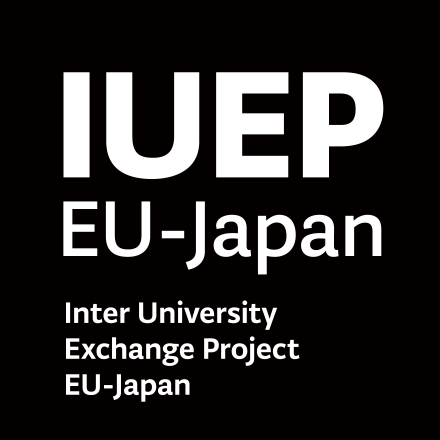Collaborative Degree Program Symposium
- Inter-University Exchange Project: Symposium for Strategic Cooperation and Support for Higher Education “Implementation and Practice of the Japan-EU International Collaborative Degree Programs”
- Inter-University Exchange Project: Symposium for Strategic Cooperation and Support for Higher Education “Quality assurance in Japan-EU international collaborative degree programs”
- Inter-consortia meeting about EMJMDs joint degree and EA
- AY 2020 Japan-EU Platform Building Project Symposium
- AY 2019 Platform Building Kickoff Symposium (Cancelled)
Inter-University Exchange Project: Symposium for Strategic Cooperation and Support for Higher Education “Implementation and Practice of the Japan-EU International Collaborative Degree Programs”
- Date
- 16:00-18:00 (JST) / 9:00-11:00 (CEST), Friday, October 7, 2022
- Venue
- Open to the Public / Online (Zoom Webinar)
- Program
-
<Opening remarks>
Prof. Motohiro Tsuchiya, Vice President for Global Engagement and Information Technology, Keio University
Mr. Eiji Watanabe (Director, International Affairs Division, Higher Education Bureau, Ministry of Education, Culture, Sports, Science and Technology (MEXT), Japan)
<Session 1> Implementation and Practice of the Joint Degree Program
・Speakers
Mr. David Crosier (European Education and Culture Executive Agency (EACEA))
Implementation and Practice of the Joint Degree Program
Presentations by representatives of European Universities coordinating JDP with Japanese Universities
Ⅰ. Prof. Valérie Schurdi-Levraud, INRA Bordeaux University
International Joint Degree Master’s Program in Agro-Biomedical Science in Food and Health (GIP-TRIAD)
Ⅱ. Prof. Dr. Christoph Peters, University of Freiburg
International Collaborative Program in Comprehensive Medical Science between Nagoya University and University of Freiburg
・Discussion
Moderator:
Prof. Shinnosuke Obi, Keio University
Discussants:
Mr. David Crosier, EACEA
Prof. Valérie Schurdi-Levraud
Prof. Dr. Christoph Peters
Prof. Hideki Kasuya, Nagoya University, Interuniversity JDP Council of Japan
<Session 2> Quality Assurance of the Japan-EU International Collaborative Degree Programs
・Speaker
Mrs. Sophie Guillet, High Council for Evaluation of Research and Higher Education (HCERES)
・Discussion
Moderator:
Prof. Shinnosuke Obi, Keio University
Discussants:
Mrs. Sophie Guillet, HCERES
Prof. Taku Shinohara, Tokyo University of Foreign Studies, HIPS
Prof. Balázs Trencsényi, Central European University, HIPS
Prof. Shigeki Nakauchi, Toyohashi University of Technology, IMLEX
Prof. Vincent Fremont, Ecole Centrale de Nantes (ECN) , JEMARO
Prof. Norihisa Miki, Keio University, JEMARO
- Overview
-
There are currently only limited opportunities to learn about the actual operation of Joint Degree programs (JDP), although there is growing interest in the establishment of these programs with the new regulation in Japan on JDPs coming into effect in August 2022.
Session 1 of this symposium will give an overview of the latest information on the implementation and running of JDPs. In the discussion that will follow, the participant from the Interuniversity JDP Council of Japan will join the speakers from this session to consider the benefits and challenges of implementing JDPs in Japanese universities.
Session 2 will focus on program quality assurance, introducing the quality assurance of international joint programs in Europe. In the discussion that will follow, the speakers from this session and representatives from three consortia selected for the Japan-EU Inter-University Exchange Project will discuss the use of external quality assurance in international joint degree programs in the EU and Japan, as well as they see as the ideal form of quality assurance.
- Intended Audience
- Higher education professionals interested in international collaborative degree programs such as joint- and double-degrees (Primarily officials engaged in implementation or considering future implementation of domestic and international collaborative degree programs at institutions for higher education.)
- Languages used
- English (with online simultaneous interpretation)
- Registration
- Registration closed.
- Speaker
-
Professor Motohiro Tsuchiya (Keio University)
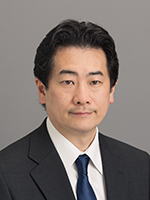
Professor Motohiro Tsuchiya is the Vice-President for Global Engagement at Keio University, Japan.
Prior to his current appointment, he served as the Dean of the Keio University Faculty of Policy Management. He earned his BA in political science, MA in international relations, and Ph.D. in media and governance, all from Keio University.
He is a member of the Space Security Division of the Committee on National Space Policy at the Cabinet Office and has served as a guest editorialist at Nikkei since April 2019.
He has authored or co-authored over 40 books, including Intelligence and National Security (Tokyo: Keio University Press, 2007, in Japanese), Cyber Terror (Tokyo: Bungeishunju, 2012, in Japanese), Cyber Security and International Relations (Tokyo: Chikura Shobo, 2015, in Japanese), and Cyber Great Game (Tokyo: Chikura Shobo, 2020, in Japanese). He also co-authored Cybersecurity: Public Sector Threats and Responses (Boca Raton, FL: CRC Press, 2012). He received the 15th Nakasone Yasuhiro Award in 2019.
Mr. Eiji Watanabe (Director, International Affairs Division, Higher Education Bureau, Ministry of Education, Culture, Sports, Science and Technology (MEXT), Japan)
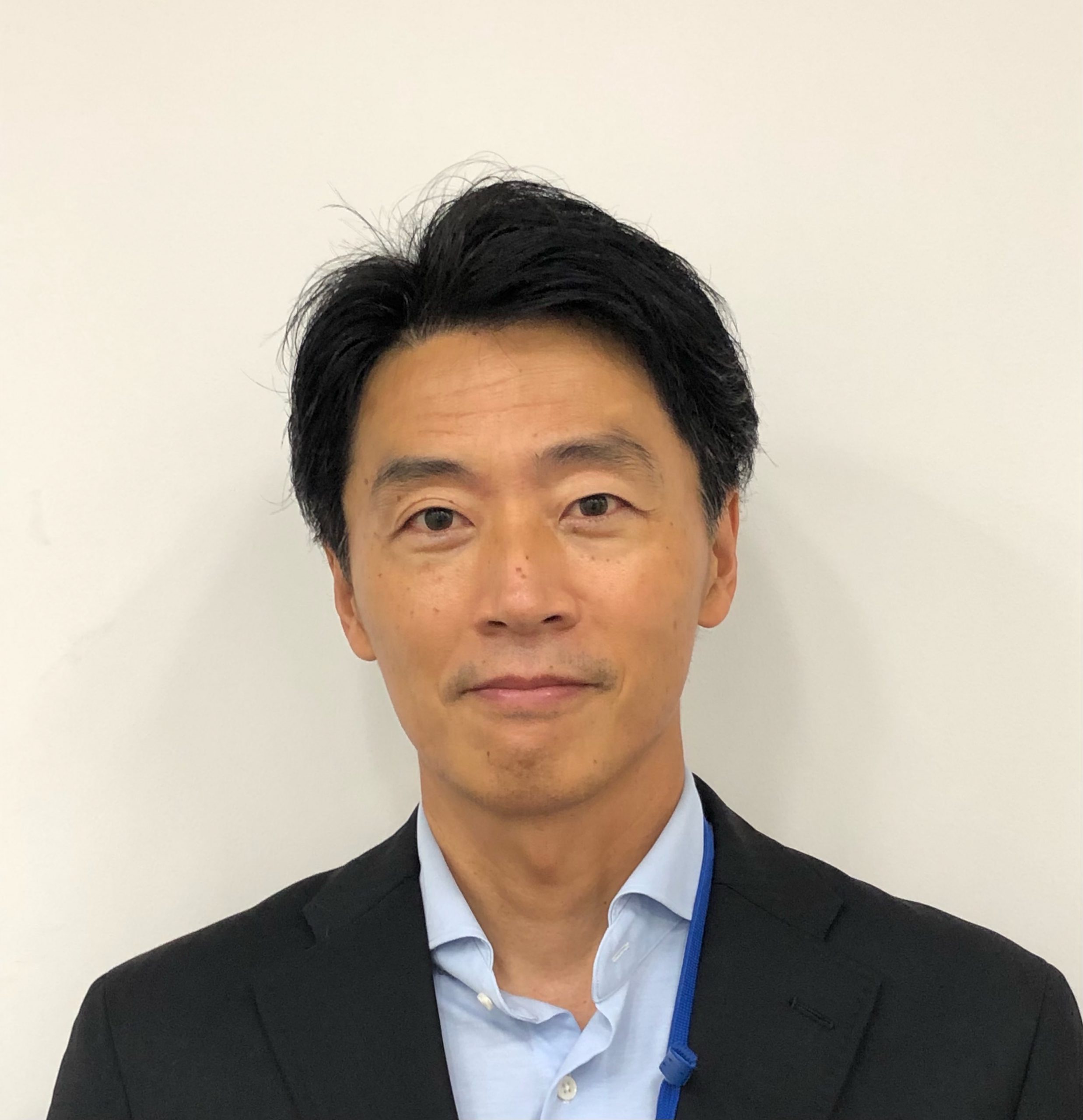
Mr.Eiji WATANABE, Director, International Affairs Division, Higher Education Bureau, Ministry of Education, Culture, Sports, Science and Technology, Japan, had begun his career in the ministry in 1996 and has over 25 years of experiences in various fields, such as university reform, university administration, technology transfer, and most recently the implementation of the Tokyo2020 Olympic and the Paralympic games, for which he served as director.
His expertise concerning higher education and its international promotion has also been enriched through his experience as Counselor at the Japanese Embassy in the United Kingdom and Director for Innovation Creation at the Cabinet Office. Mr. Watanabe has been in his current position and in charge of international affairs in the Higher Education Bureau as the leader of the Higher Education International Strategy Team since April 2022.
Mr. David Crosier (European Education and Culture Executive Agency (EACEA) )
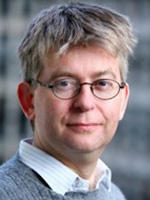
David has been working in EACEA for Eurydice, the European Union’s education information network, since 2008. He leads the work on higher education. This includes the production of four Bologna Process Implementation Reports (2012, 2015, 2018 and 2020) which have informed discussions of the Ministerial Conferences of the European Higher Education Area (EHEA), as well as thematic reports and other information related to European policy priorities.
David also represents EACEA and the European Commission within the Bologna Follow Up Group where he is co-chair of the working group on monitoring and reporting. Here the responsibility of the working group is to coordinate all relevant information to assess the progress towards agreed higher education policy commitments.
Before joining Eurydice, David worked for the European University Association (EUA). He was responsible for EUA’s work on joint programmes and degrees, and also heavily involved in work on quality assurance at European level. EUA’s work in these fields was instrumental to the establishment of the European Commission’s Erasmus Mundus programme, as well as to the main reference documents on quality assurance in Europe - notably the Standards and Guidelines for Quality Assurance in the European Higher Education Area (ESG).
Prof. Valérie Schurdi-Levraud (INRA Bordeaux University)
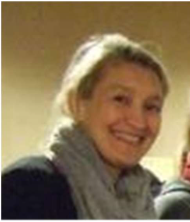
-Professor in Plant Genetics, University of Bordeaux, France
-Biology and Fruit Pathology Research Unit, INRAE University of Bordeaux, France-Head of International Master in Biology Agrosciences (140 students) 5 programs including AgroBioMedical Sciences joint program, University of Bordeaux, France and 3 double diploma
-Deputy director of the Environmental Sciences Research Department, Universityof Bordeaux, France
-Fulbrigth Fellowship, U-Chicago, J. Bergelson's Lab (2015)
-Coordination of national and international research projects on Genetic basis of plant virus interactions.
Prof. Dr. Christoph Peters (University of Freiburg)
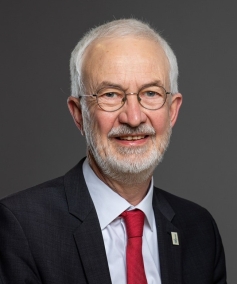
Christoph Peters is a Professor of Molecular Medicine and Director of the Institute of Molecular Medicine and Cell Research at the University of Freiburg, Germany since 1999. He is Dean of Studies of the BSc and MSC Molecular Medicine, which he is coordinating since its inception in 2001. From 2005 –2010 he served as Dean of Medicine, University of Freiburg. He is spokesperson of the Collaborative Research Center 850 Control of Cell Motility in Morphogenesis, Cancer Invasion and Metastasissince 2010and Scientific Director of the Comprehensive Cancer Center Freiburg since 2012. He coordinates the partner site Freiburg of the German Cancer Consortium since 2012.
His research is focusing on in vivofunctions of proteolytic enzymes, tumor invasion and metastasis and the tumor microenvironment and intercellular communication. Christoph Petersstudied Medicine at the University of Muenster, Germany and the University of California, San Diego, USA, was postdoctoral fellow at the Center of Molecular Biology, University of Heidelberg, Germany and junior group leader at the Center of Biochemistry and Cell Biology, University of Goettingen, Germany. He received a Heisenberg Fellowship of the Deutsche Forschungsgemeinschaft in 1993.For more information: https://www.mol-med.uni-freiburg.de/
Mrs. Sophie Guillet, High Council for Evaluation of Research and Higher Education (HCERES)
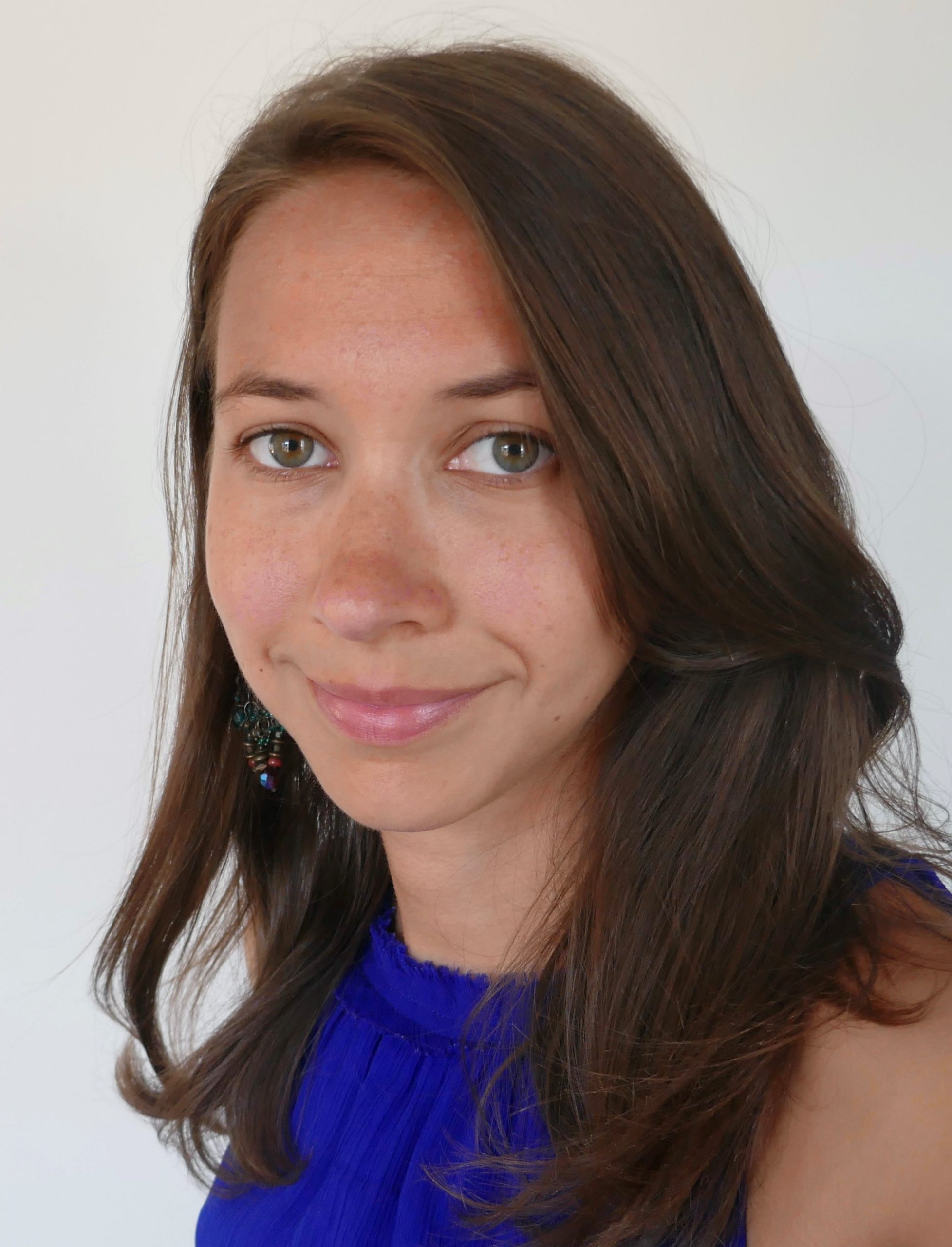
Sophie Guillet currently works at the High Council for the Evaluation of Research and Higher Education (Hcéres) in France, where she is a project manager in charge of the strategic development of the Department for European and International Affairs and its partnerships. She thus regularly represents the Hcéres in European and international networks (ENQA, INQAAHE…) and events. She is notably in charge of representing France in the thematic peer group on quality assurance of the Bologna Follow-up Group where are discussed the evaluation of European university alliances, joint programmes and the suitability of the European quality assurance framework to national legislations.
Prior to this, she gained experience in quality assurance while working on international projects as a higher education consultant for UNESCO’s International Institute for Educational Planning and for the World Bank. Sophie has a background in international social and public policy and is an alumna of the London School of Economics (UK) and Université PSL (France).
Professor Taku Shinohara (Tokyo University of Foreign Studies)
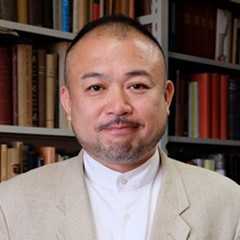
Taku Shinohara is a Professor at the Institute of Global Studies, Tokyo University of Foreign Studies.
He received a M.A. degree from the University of Tokyo and a Ph.D. in history/Czech history from Charles University Prague, Czech republic. He has been a regular faculty member at Tokyo University of Foreign Studies since 1995, and, assumed his current position in 2009. He was a research fellow at Institute of Czech history of Charles university (2000), Institute of Philosophy of Academy of Sciences of the Czech Republic (2012), International Cultural Center (Kraków, Poland, 2018), and was Fernand Braudel research fellow at European University Institute (2019). He specializes in the modern history of Central Europe. He is vice program director of the "History in the Public Sphere (HIPS)" program at TUFS and is in charge of mandatory courses.
Professor Balázs Trencsényi (Central European University)
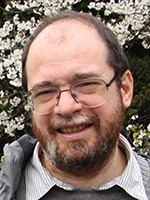
Balázs Trencsényi is a Professor at the History Department of Central European University, Vienna/Budapest, co-director of Pasts, Inc. Center for Historical Studies (www-pasts.ceu.edu), and director of the History in the Public Sphere Erasmus Mundus MA Program (www.hipsma.com).
His main field of interest is the history of modern political thought in East Central Europe. Between 2008 and 2013, he was Principal Investigator of the European Research Council grant project, “Negotiating Modernity”: History of Modern Political Thought in East Central Europe.
Among others, he is the author of the monograph, The Politics of ‘National Character’: A Study in Interwar East European Thought (Routledge, 2012); co-author of A History of Modern Political Thought in East Central Europe, vols. I-II (Oxford: Oxford UP, 2016, 2018); as well as co-editor of Discourses of Collective Identity in Central and Southeast Europe (1775–1945), vols. I–IV (Budapest: CEU Press, 2006–7, 2014); European Regions and Boundaries: A Conceptual History (New York: Berghahn, 2017); and Brave New Hungary: Mapping the "System of National Cooperation" (Lexington: Rowman and Littlefield, 2019).
Further information: https://people.ceu.edu/balazs_trencsenyi>
Professor Shigeki Nakauchi (Toyohashi University of Technology)
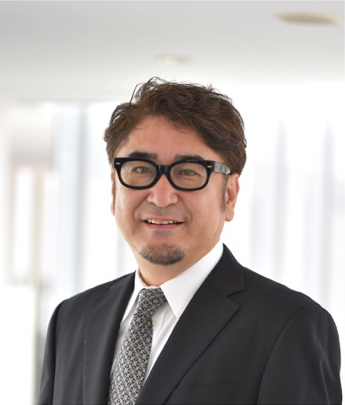
Shigeki Nakauchi received a Ph.D. from Toyohashi University of Technology in 1993.
He is currently vice President for International Affairs (since FY2020) / Professor at Toyohashi University of Technology, Japan. Since 2019, he is an academic coordinator of Erasmus Mundus Japan –Master of Science in Imaging and Light in Extended Reality/ IMLEX. His research interests arehuman visual perception/cognition and related technology, includingsurface material perception, psychophysics and pupillometry on preference / attractiveness, computational lighting, spectral imaging, etc.
Professor Vincent Fremont (Ecole Centrale de Nantes (ECN) )
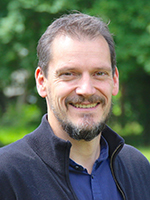
Vincent Frémont received a M.S. degree in automatic control and computer science from Ecole Centrale de Nantes, France, in 2000 and a Ph.D. degree in automatic control and computer science from Ecole Centrale de Nantes, France, in 2003. From 2005 to 2018, he was an Associate Professor at the Université de Technologie de Compiègne (UTC) within the Heudiasyc Lab, UMR CNRS 7253. Since 2018, he is a Full Professor at Ecole Centrale de Nantes within the ARMEN team at the LS2N Lab, UMR CNRS 6004. His research interests belong to perception systems for autonomous mobile robotics with an emphasis on computer vision, machine learning and multi-sensor fusion. Since 2019, he is the coordinator in chief of the Erasmus Mundus Joint Master’s degree JEMARO, and since 2021, he is the Director of International Relations of Ecole Centrale de Nantes.
Professor Norihisa Miki (Keio University)
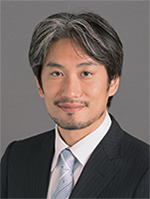
Prof. Norihisa Miki received Ph.D. in mechano-informatics from University of Tokyo in 2001. He developed a world-smallest helicopter using MEMS technology during his Ph.D. Then, he worked at MIT microengine project as a posdoc (2001-2003), later as a research engineer (2003-2004). He joined the Department of Mechanical Engineering at Keio University in 2004 as an assistant professor and became a full professor in 2017. His research interests cover the fields of medical engineering, neuroscience, and media arts using innovative micro/nano devices. He was a researcher of JST PRESTO (Information Environment and Humans) from 2010 to 2016. He served as a general chair of the 8th and 9th Symposium on Micro-Nano Science and Technology in 2017 and 2018 sponsored by JSME. From 2019 he is a vice dean of Keio University International Center and chair of the committee for international affairs of Faculty of Science and Technology. He is the president of Skating Club of Keio University from 2018. He likes Cuban music and dance, watching and playing sports (ice skating, American football, golf, softball, etc.), fishing, movies, arts, etc.
Professor Hideki Kasuya (Nagoya University)
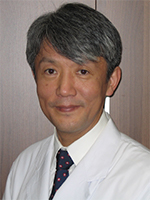
Hideki Kasuya: Nagoya University Graduate School of Medicine; Professor of International Medical Education; Vice Presidential Advisor for International Affairs, Vice Dean of Medical School, Director: Office of International Affairs, Director: Laboratory of Cancer Immunotherapy; Full Member: FACS (Faculty of the American College of Surgery), Board Member: Japanese Society for Gene and Cell Therapy, Board Member: Japanese Medical University International Collaborative Assembly, Board Member: Nagoya University Medical Association. From 2000-2003, Postdoctoral fellow at the Massachusetts General Hospital, Harvard Medical School (Department of Surgery). Current research interests include cancer immunotherapy for pancreatic cancer and comparison of doctoral education systems around the world, and in 2015 he established Japan's first joint doctoral degree program in medicine with the University of Adelaide.
Professor Shinnosuke Obi (Keio University)
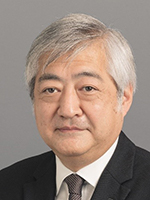
Professor Obi has a Bachelor (BSc) and Master of Science (MSc) in mechanical engineering from Keio University, and a Doctor of Engineering (Dr.-Ing.) from the University of Erlangen-Nuremberg in Germany.
His research focuses on fluid mechanics, turbulence modelling, computational mechanics, and flow measurement techniques.
He served various positions of senior international officer of the university such as the Dean of the International Center and the Vice-President for International Collaboration.
- Link
- Link
-
- Guidelines for Building International Joint Diploma Programs Including Double and Joint Degree Programs
- MEXT's website
- Link
-
- European Approach for Quality Assurance of Joint Programmes [European Quality Assurance Register for Higher Education (EQAR)
- EQAR's website
